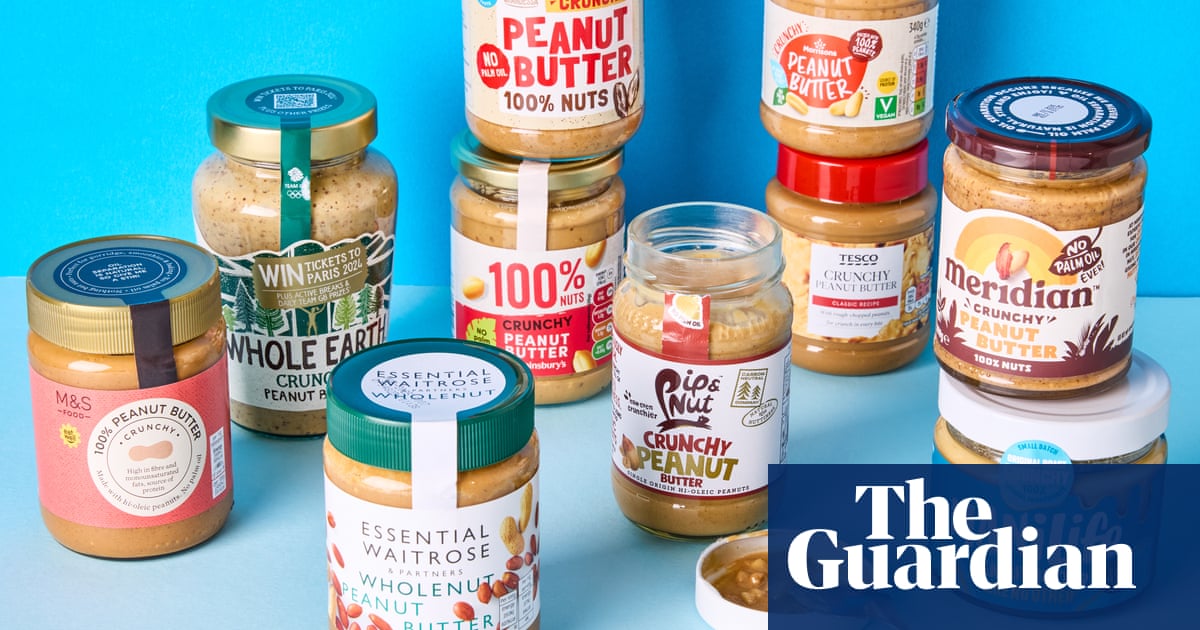Benjamin Zephaniah did it. So did Yasmin Alibhai-Brown. Howard Gayle, the pioneering black footballer, did it without a second thought.
Britain, keen to highlight their achievements as outstanding citizens who have made a notable contribution to how we live, dangled the recognition of a state-backed honour in front of each of them. And each, ultimately unable to reconcile the link between those honours and the misty-eyed evocation in the title of Britain’s brutal empire, said “no thanks”. Or “up yours”, in the case of Zephaniah, who said: “I get angry when I hear that word ‘empire’; it reminds me of slavery.” Many others, without publicising their decision, have rejected honours privately.
According to the Mail on Sunday and a new biography of King Charles by the veteran royal watcher Robert Hardman, we may be approaching, thankfully and at long last, the end of empire. Apparently Charles is ready – if Keir Starmer’s government is ready – to ditch the empire reference on OBEs, and presumably MBEs and CBEs. The E would stand for excellence instead. Or maybe, order of Elizabeth.
Keeping the Es would avoid invalidating the experiences of those who have received an honour linked to empire, but it would also open the awards to so many people who currently feel, as a point of principle, that they cannot accept them. When Gayle turned down an MBE in 2016, he said he “didn’t even have to think about it, because I have always had a very keen sense of Africa and colonialism. My father came here from Sierra Leone after the war to build this country and I have always been aware of the impact of colonialism – then and now – on Africa and on my life.”
Recipients who actively want to be associated with bloody old empire can keep the traditional title – milk the applause from the Spectator-reading classes – and face down the opprobrium that would no doubt follow from everyone else.
If the report is correct, King Charles is right to make the change, though the basic fix has been available for at least 20 years. But better late than never. In 2004, a parliamentary committee headed by the respected Labour veteran Tony Wright considered reform of the honours system, realised the deterrent effect of the honours link with empire, and suggested the very solution being considered today. But there was pushback. If it ain’t broke, don’t fix it, said critics from the school of like it or lump it: government ministers and others who cared not a fig that so many people were being disadvantaged by their political and moral beliefs.
Neither did they care that many people of colour who had taken empire-linked honours felt pride at receiving the acclaim of their fellow citizens, but unease – rising to fear and shame – when faced with accusations that they were condoning historical exploitation and bolstering the continuing philosophy of racism and superiority that underpinned it. As frequently happens when the status quo fears change, the report was shelved.

Five years ago, I made a Radio 4 documentary speaking to people of colour who had taken and refused honours. A handful of those who had accepted were bullish about that, but most felt a conflicted sadness. A recurring explanation was that they disliked the empire association, but took the chance to validate not just their achievement but also those who had helped them succeed – principally, their parents. They saw it as a reward from society, and from themselves, to the first-generation migrants they knew best, who had spent so much of their lives on the periphery of British society – often facing its hostility – but had lived long enough to see their children lauded by it. Alibhai-Brown, who accepted an MBE then recanted in 2003 and sent the bauble back, explained that she had taken it in the first instance “to please my mum”. Marcus Rashford, who got and kept an MBE for campaigning to lift children out of poverty, said much the same.
after newsletter promotion
One encounter during the research, however, stayed with me, even though it never made the programme. It was a conversation with a very prominent, highly respected Black British figure, who agreed to be interviewed, and then, recalling trauma, withdrew. “I had such an awful time when I took the honour,” they said. “I can’t go through that again.”
Does this matter? It’s not the sharp-end discrimination that denies minorities their fair share of jobs and housing. Zephaniah, friendly and characteristically robust, took the view that wide acclaim was nice but, all said, appreciation from and within his own community was enough for him.
I respected that. But still I think – and I’ve argued here – that broader society should have a way to thank those whose work and ideas help it function, keep it safe, make us think. You can argue about the best system for doing that, who controls it and how it is supervised, but the concept is a valuable one in a democracy of citizens.
It must be a system equally accessible to all, not just to an elite that rewards the elite, not least because a successful, diverse society needs many and various contributions. If it takes a monarch, who sits on a gilded throne by dint of birth, to bring us closer to a better mechanism for rewarding the acumen of those whose propellant has been merit, so be it.
-
Hugh Muir is a Guardian executive editor
-
Do you have an opinion on the issues raised in this article? If you would like to submit a response of up to 300 words by email to be considered for publication in our letters section, please click here.

.png) 2 months ago
17
2 months ago
17













































